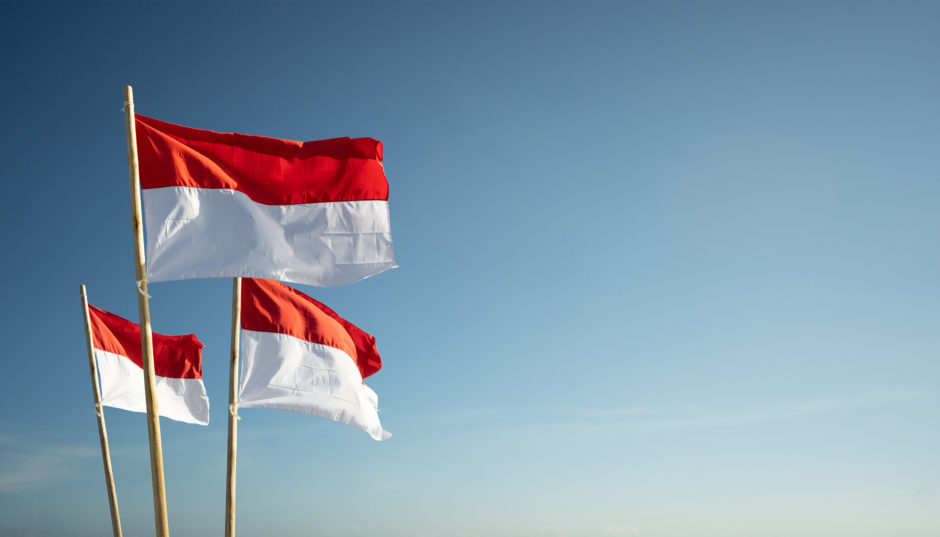
Repsol (BME:REP) said it will start up a key carbon capture and storage (CCS) project in Indonesia in 2027. Significantly, the CCS scheme tied to the onshore Sakakemang Block will be among the largest of its kind in the world and will be the first for both Repsol and Indonesia, claimed the Spanish company.
“In 2027, the company will start up the storage of two million tons of carbon dioxide (CO2) per year at Sakakemang, the largest gas discovery in Indonesia in the last decades,” Repsol said at its “Low Carbon Day” that was dedicated to explaining its energy transition to analysts and investors earlier this week.
The CCS project is a crucial plank in the development of the Sakakemang gas field, which contains 25% CO2, as Repsol has committed to slashing its CO2 emissions.
Repsol said it will allocate an additional €1 billion euros to low-carbon projects in the 2021-2025 period, up to a total of €6.5 billion, compared to the €5.5 billion established in the company’s strategic plan. Now, investments earmarked for low-emission initiatives will stand at 35% in the 2021-2025 period, and the capital employed for these purposes will reach 45% in 2030.
Repsol has said it is aiming to take a final investment decision (FID) on Sakakemang in 2022. But Repsol, which has pledged to be net zero by 2050, is unlikely to invest without the associated CCS project to keep their emissions profiles in check.
The Spanish company has set a decarbonisation pathway with intermediate targets between 2020 and 2040. Its investments must meet stringent plans in alignment with the energy transition to limit the planet’s temperature rise to well below two degrees Celsius in line with the Paris Agreement’s climate goals.
Repsol will be banking on the Indonesian government to approve its plans for CCS. Positively, the government is currently drafting regulations on CCS. But Repsol will want to see concrete progress before taking any FID.
Marking a step in the right direction for Indonesia, this week Indonesia’s House of Representatives agreed on a carbon tax tariff of approximately US$2.10 per tonne of carbon dioxide equivalent (CO2e).
Repsol, which operates the Sakakemang Block, said it is studying the potential to inject CO2 into the Dayung and Gelam fields within the nearby Corridor Block operated by ConocoPhillips (NYSE:COP). Repsol holds a 36% stake in Corridor.
Repsol, as operator, holds a 45% working interest in Sakakemang. Malaysia’s Petronas owns 45% and MOECO the remaining 10%.
Upstream regulator SKK Migas approved Repsol’s first plan of development (PoD) valued at $282 million in the gas-rich KBD field in the Sakakemang block, onshore South Sumatra, on 29 December 2020. SKK Migas said that the approved plan entailed re-drilling the KBD-2X well, drilling one new production well and building new infrastructure, including a pipeline to the Grissik central gas plant in the neighboring Corridor block.
KBD, which is the country’s biggest gas discovery since 2001, holds 56.6 billion cubic metres (bcm) of recoverable resources, based on preliminary estimates. The field could produce around 3.1 bcm/year – equivalent to 2.25 million tonnes per year of LNG – for 15 years.
Significantly, the discovery lies just 25 kms from the Grissik gas plant. The plant primarily gathers and processes the output from the ConocoPhillips-operated Corridor concession before sending the processed gas to buyers in Sumatra, West Java and Singapore.
